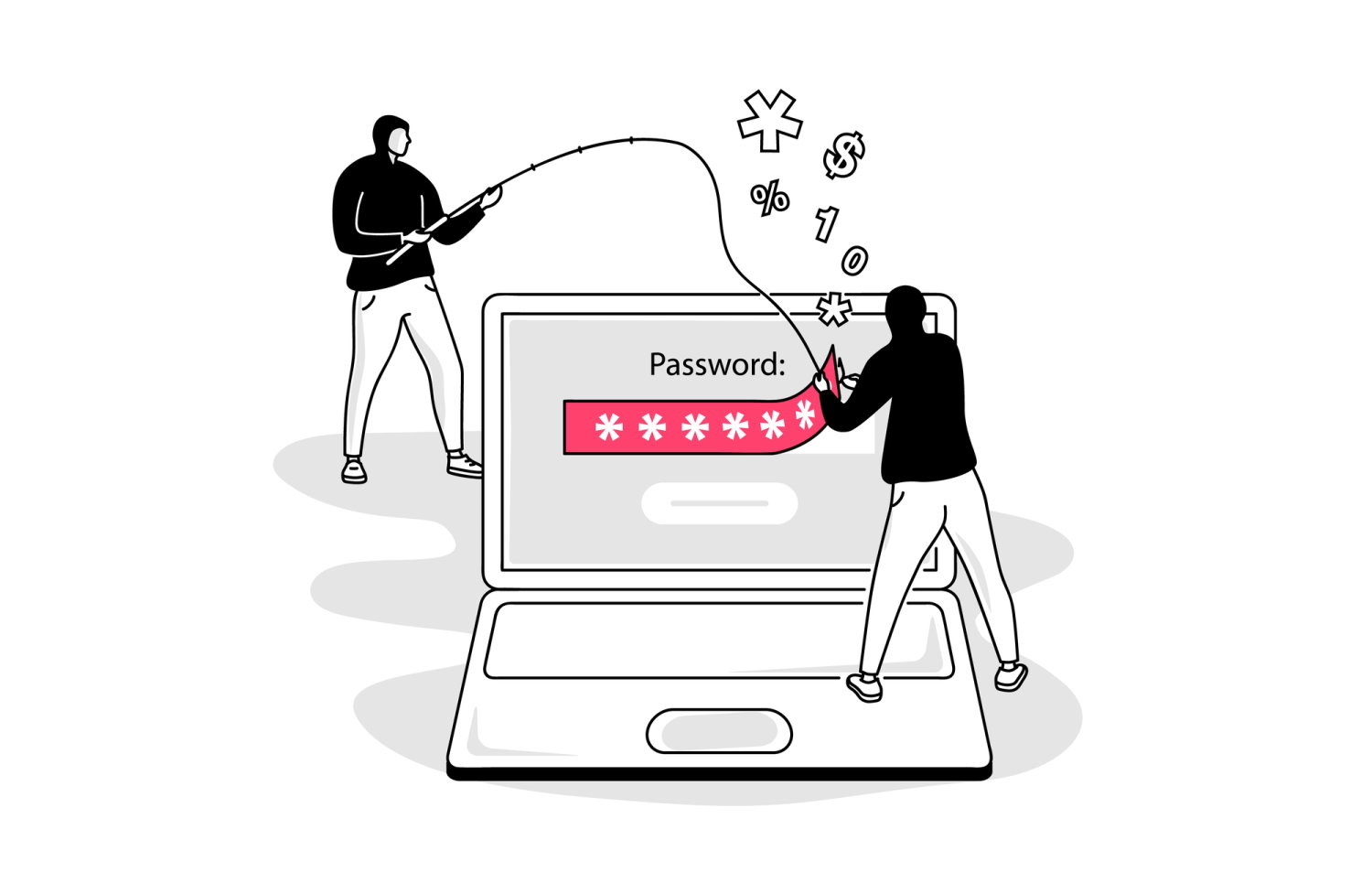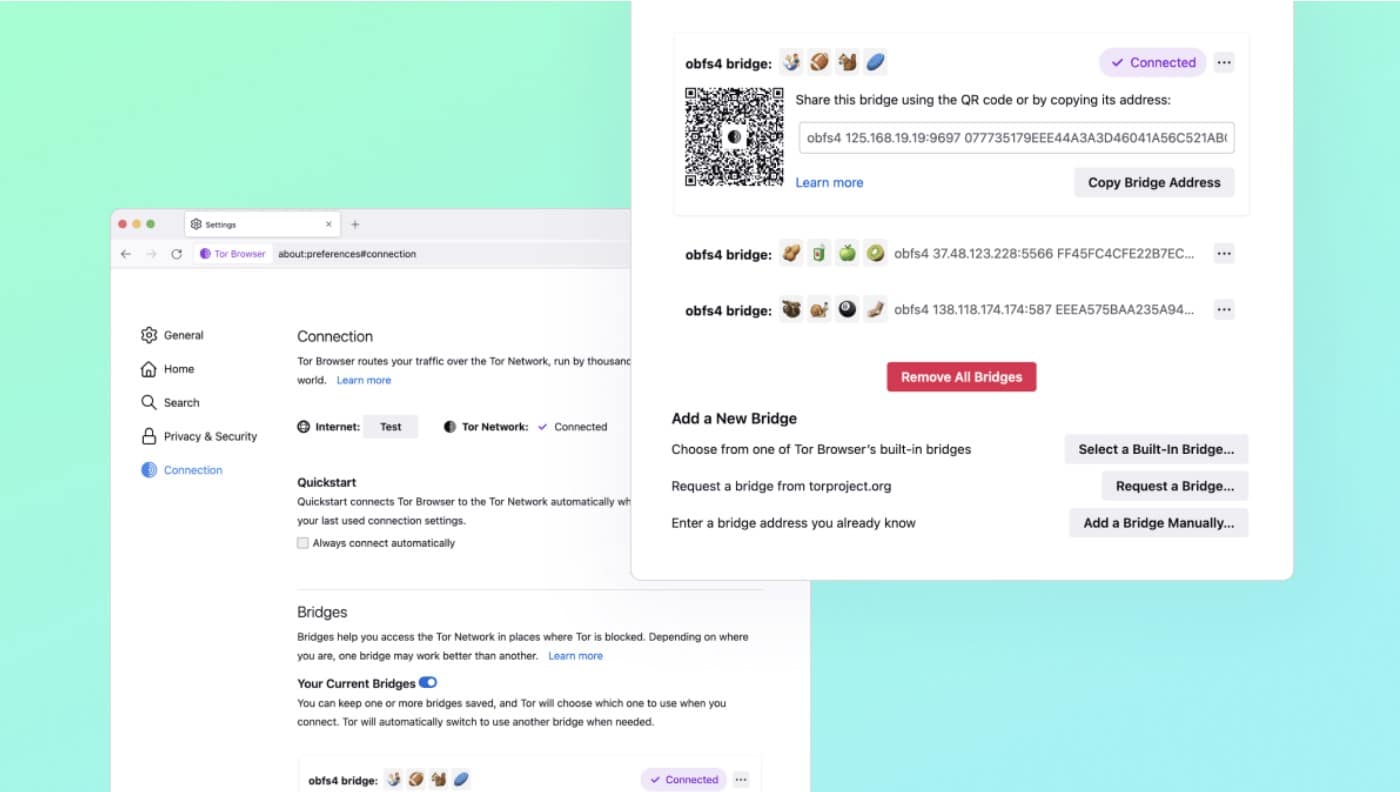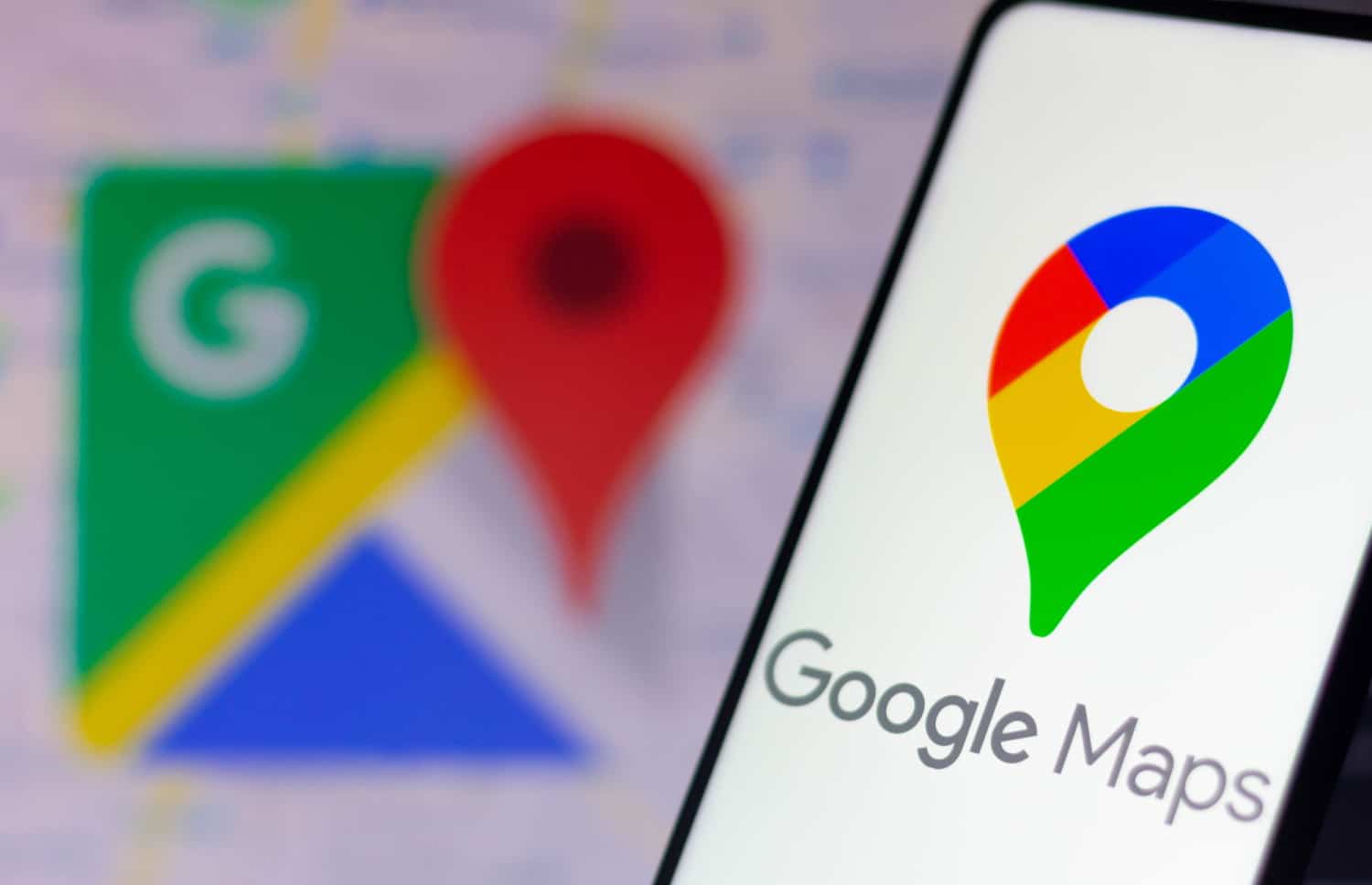
Chrome and Microsoft Edge's enhanced spellcheckers can leak your passwords and personal data
Privacy and security are something that all browser manufacturers like to brag about in relation to their products, with Google and Microsoft being no different to others in this regard. But if you are making use of the Enhanced Spellcheck in Chrome or Microsoft Editor in Edge, some highly sensitive information can be sent to the two software giants.
In addition to passwords, we are talking about personal information entered into online forms such as your social security number, date of birth, username and so on. The worrying discovery was made by security researchers from JavaScript security firm otto-js who warn that this is something that will be of particular concern to enterprise users.

Have consumer privacy concerns trumped innovation?
The Internet of Things (IoT) grows larger by the day, with the number of connected devices feeding into it climbing exponentially. Currently sat at around 14 billion, the number of active connections is expected to almost double to 27 billion by 2025.
While remarkable, we must also acknowledge that increasing connectedness has fueled consumer concerns over the way their data is collected and used.

DuckDuckGo's free email protection beta is now open to all
DuckDuckGo is best known as a privacy-first search engine, but the company also offers other privacy tools, and for the past year it has been testing out an email forwarding servicing.
If you wanted to try this feature out previously, you will have had to join a waitlist, but today the company announces that the beta is open for everyone. I’ve been using the service since day one, and I can definitely recommend it.

Improved data privacy equals improved revenues
According to a new survey, 94 percent of chief data officers (CDOs) from healthcare organizations and financial services firms say that deploying data privacy technology that enforces existing privacy regulations would result in increased revenues for their organizations.
The study from privacy technology specialist TripleBlind finds 37 percent of respondents estimate improved collaboration would increase revenues as much as 20 percent. In addition, 46 percent say increased data collaboration would give their organization a competitive advantage over others.

WhatsApp is gaining some great new privacy features including screenshot blocking
WhatsApp is not only one of the popular messaging apps out there, it is also one that is subject to some of the fastest development work. Existing features are constantly being tweaked, new options are being added all the time, and Mark Zuckerberg has just revealed three exciting new privacy-focused features.
In an announcement on his personal Facebook page, the CEO of Meta teased a trio of new features which will help to improve the privacy of group and one-on-one chats. The upcoming additions are part of a new global campaign from WhatsApp that focuses on and promotes privacy and security features.

Twitter comes clean about serious security incident affecting millions of accounts
Twitter has confirmed that a hacker was able to exploit a security vulnerability on the social platform earlier this year, gaining access to the private data of millions of users.
In total, 5.4 million accounts were affected, with the attacker able to link account names to email addresses and phone numbers. While the incident took place back in January this year, Twitter has also revealed that the exposed user data was made available to buy just last month. In what will be regarded by many as something of an understatement, the company says that "it is unfortunate that this happened".

Tor Browser 11.5 is here with HTTPS-Only Mode by default and Automatic censorship circumvention
For anyone concerned about privacy and security online, Tor Browser is an extremely important alternative to mainstream browsers. Designed to help keep users anonymous and to bypass restrictions put in place by governments, version 11.5 has landed complete with even more powerful options.
Over the years, it has become easier and easier to use Tor Browser, with complex configuration options being made available to the average user without the need for special knowledge. With the release of version 11.5 of the software, things have been made even easier thanks to the introduction of automatic censorship detection and circumvention with the new Connection Assist feature.

Evervault is offering free encryption services to women's health apps
There have been several knock-on effects from the Supreme Court ruling on Roe v Wade, but few people would have predicted a change in app use habits out of fear of criminal proceedings. But this is precisely what has happened as growing numbers of users are concerned about the potential for data stored in apps to be used against them
It's just one of the reasons there has been numerous instances of users either ditching period tracking apps altogether, or switching to options considered to be more secure. Now encryption firm Evervault has offered up another solution, announcing it will offer its encryption services free of charge to women's health apps.

Google will automatically delete abortion clinic visits and more from location history to protect users
Google has announced plans to help protect user privacy in relation to health data. While the company does not make explicit reference to the recent overturning of Roe v Wade, there has been concern in the wake of the historic ruling, including fears that data collected by apps and websites could be used against individuals.
With this in mind, Google says that it will start to automatically delete location data about visits to "particularly personal" facilities such as abortion clinics and domestic violence centers. The company has also announced update to both Google Fit and Fitbit that will give users greater control over their data.

NFT marketplace OpenSea confirms customer data leak
Popular NFT marketplace OpenSea has started issuing emails to its users warning them of a leak of customer data.
OpenSea says that an employee of its email delivery vendor, Customer.io, abused their position to access and share email addresses with an unauthorized third party. The company has not given an indication of the number of users affected by the data breach, but has warned of an increased risk of phishing attacks. With the number of active users of OpenSea reported to be around 2 million -- and this does not include people who have just signed up for a newsletter -- the potential impact is huge.

Microsoft is bringing an amazing new Privacy Auditing feature to Windows 11
Microsoft has long been accused of using Windows 11 -- and, for that matter, earlier versions of the operating system -- to spy on users by gathering telemetry. Accusations of invading privacy could also be levelled at many apps too, and Microsoft is introducing a new feature that places users in control.
Having apps secretly spying on users, or making use of cameras and microphones, is something that tends to be thought of in relation to mobile apps, but it can also be a problem on the desktop. With this in mind, Microsoft is testing a new Privacy Auditing feature that will make it possible to see which apps have been accessing such devices.

What do Apple's new privacy-focused changes mean for advertisers?
One of the key announcements at Apple's developer conference earlier this week was around improvement to the privacy-focused to the SKAdNetwork API.
These are aimed at providing ad networks and developers with the ability to better measure how ads perform while still preserving user privacy.

Americans have their sensitive bits exposed over 700 times a day
Americans have sensitive data relating to their online activity and location exposed 747 times daily, almost twice as much as Europeans who have their data exposed 376 times a day on average.
A new report from Atlas VPN looks at real-time bidding (RTB), which runs in the background on websites and apps and tracks what you look at, no matter how private or sensitive it is.

DuckDuckGo has been quietly permitting Microsoft trackers in its 'private' web browser
Many internet users with concerns about online privacy have turned to DuckDuckGo with the impression that the browser will enable them to enjoy the web without having their activity tracked. But a discovery by a security researcher reveals that things are not as private as users would have hoped and expected.
DuckDuckGo was spotted allowing data to be transmitted via Microsoft trackers to LinkedIn and Bing ad domains. What's more, DuckDuckGo admits that an agreement exists between itself and Microsoft that allows trackers from the Windows-maker on third-party sites.

Warning: You should stop using Tails Linux NOW!
We here at BetaNews often sing the praises of Tails, as the Linux-based operating system allows you to surf the web more privately. This is particularly important for those living under oppressive governments, such as China and Russia, but it can be beneficial for all internet users -- even those in the good ol' USA.
Sadly, it seems we must warn against using Tails for now, as it has been discovered that there is a significant vulnerability in the operating system. More specifically, a vulnerability was found in the Firefox and Tor web browsers, which are core aspects of Tails 5.0. The vulnerability is so severe, that the Tails developers are asking users to suspend use of the Live distribution entirely until a Tails 5.1 ISO is released next week.
